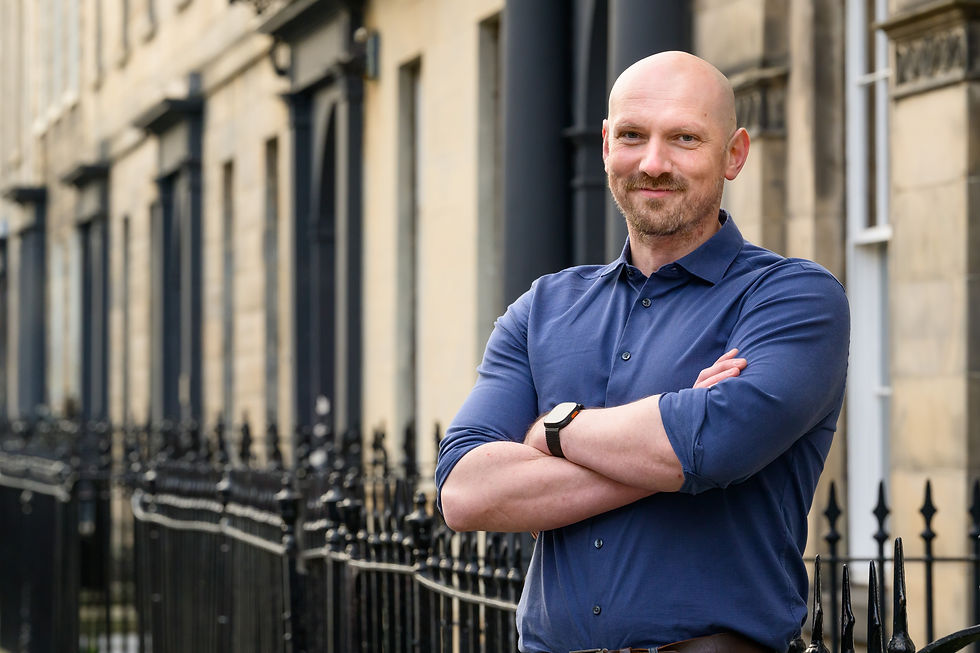The Influence of School Entry Age (Youngest vs. Oldest) on a Child's Future
- Nikki Miller

- Nov 13, 2025
- 3 min read

A Parent's Perspective
In Scotland, the school entry cutoff date of February 28th means a child can start Primary 1 as young as four and a half years old. Recent changes in local council policy allow children who are not yet five by August to defer entry for a year and remain in funded nursery education. Furthermore, children who turn five before August can apply to delay their school start. This means a primary class could now encompass a significant age range, with some children starting as young as four and a half, alongside others nearing six and a half—a two-year age difference within the same year group.
While a one- or two-year age gap may seem less significant as children mature, its influence can be substantial during the initial years of formal education. As a parent wanting the best for their child, I've observed firsthand how this plays out. My son's birthday is February 27th, placing him on the cusp of being the youngest in his class.
My son was taller than his peers, and his reading, writing, and maths levels were easily good enough for him to be able to start school. So my initial inclination was to send him to school. However, professionals and other parents of older children strongly recommended deferral. While I struggled to find compelling reasons beyond delaying so he could legally drink alcohol during university fresher's week!! the school's clear preference for deferral led me to follow their advice. Now, he’s 25, I reflect on how delaying his school start may have influenced his life thus far.
In my experience, all schools struggle to cater for such a wide range of abilities. This is especially true in the early years. My son's abilities meant the first few years of primary school were not particularly challenging and instead he learnt to coast. This may have inadvertently fostered a belief that schoolwork came easily, which later presented a hurdle in developing more rigorous study habits. I then questioned whether he would have benefited more from starting school earlier when he was naturally ready.
However, reflecting on the bigger picture, I see a subtle but important impact on his development. His natural confidence flourished because he found he was more able (because he was older) than most of his peers and enjoyed learning. He was frequently entrusted with leadership roles by teachers and readily volunteered for tasks, confidently expressing his views. This reinforced a positive self-image, fostering an expectation of success. I wonder if the same would have applied had he been the youngest in the year above.
This aligns with the observer-expectancy effect, a famous 1968 study by Robert Rosenthal and Lenore Jacobson, which showed that children's performance was enhanced if teachers were led to expect enhanced performance from children. By the same token, if teachers were led to expect lower performance from children, then the children's performance would be diminished.
The authors purported that the study's results supported the hypothesis that performance can be positively or negatively influenced by the expectations of others. This phenomenon is also referred to as The Pygmalion Effect. Rosenthal argued that biased expectancies could affect reality and create self-fulfilling prophecies.
My son, now embarking on a career as a criminal barrister, needs a good work ethic and confidence. Starting school taller, and being older, meant expectations were higher. But he was able to meet these expectations, which reinforced his early self-confidence and provided a solid foundation of self-belief.
While this is just one parent's experience, it highlights potential benefits on academic performance, social interactions, and emotional development by being one of the older children in a class. This underscores that, all things being equal, delaying entry to school may lead to more positive life experiences. Which, after all is what most parents want for their children.




